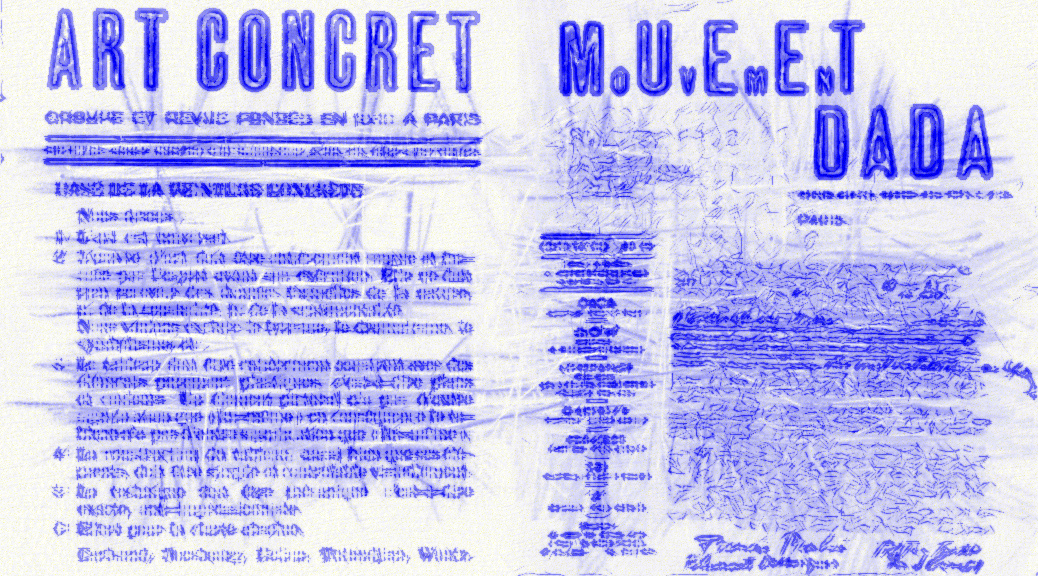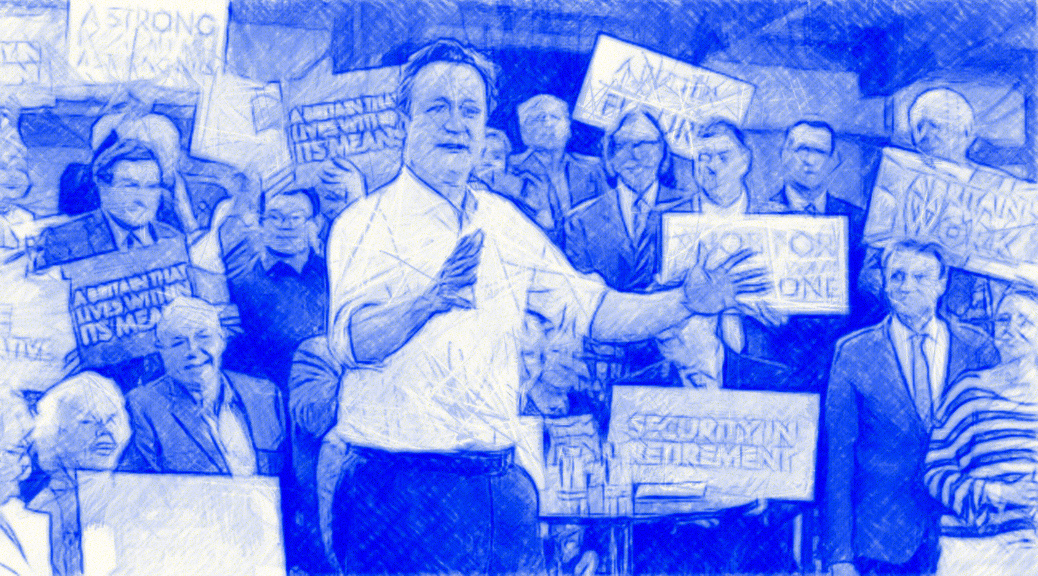Election A to Z — N is for Non-Dom

We continue our election coverage with a look at the recent row over non-domiciled status.
What is a non-dom?
Essentially, people with non-domiciled status (non-doms) live in the UK but pay an annual fee to have their tax affairs treated as if they live abroad. This means that:
- they pay UK income tax and capital gains tax on UK sources of income and gains
- they pay UK income tax and capital gains tax on foreign income and gains that are brought into (“remitted”) to the UK
- they pay foreign tax on foreign earnings and gains that remain abroad
These arrangements were introduced two hundred years ago to enable those with foreign property to avoid wartime taxes. The rules obviously suit people with substantial earnings outside the UK who are resident in a low tax country.
At first there is no charge for this arrangement, but after being in the UK for seven of the last nine years, a fee of £30K pa is payable. ((Assuming that unremitted foreign income is greater than £2K pa)) This fee increases the more years a non-dom spends in the UK, rising to £50K for those who have lived in the UK for 12 of the last 14 years, and finally £90K for those who have lived in the UK for 17 of the past 20 years.
Non-doms initially qualify as such in two ways:
- they have a father who lived abroad (this is known as a “domicile of origin”), or
- they abandon their domicile of origin (eg. the UK) and “demonstrate an intention” to live outside the UK on a permanent basis (this basically means having a foreign home)
Apart from paying the non-dom fee, the only way to avoid UK tax is be in the country for a limited number of days.
Around 115,000 people now have non-dom status, ((Exact numbers are difficult as the status does not have to be declared on tax returns)) a significant increase over the past 15 years. Famous non-doms include oligarchs (Roman Abramovich), sports stars (Lewis Hamilton) and for the first time in history, the Governor of the Bank of England (Mark Carney).
Labour’s policy
Labour has announced that it will remove non-dom status, in the hope that this will be a vote-winner. The fear (or for some on the left, the hope) is that many non-doms will move to a country with more favourable tax laws (eg. Switzerland or Malta).
Non-doms are estimated to have paid £6.2bn in tax for 2013/14. Only 6,000 people paid the fee in that year, and there are 43,000 approaching the fee threshold. So this policy could be expensive, although losses from those who leave will be partially offset by gains from those who stay.
Supporters of the policy argue that New York has no non-dom exemption from taxes and has no trouble in attracting billionaires. ((It has more of them than London, though we have not seen a breakdown of what proportion of these are home-grown – this is likely to be higher in the US)) Labour believes that the policy will increase the tax take. ((They also believe that about raising the higher rate of income tax to 50%))
Who is right? There’s only one way to find out.
To see more of our election coverage, please go to our Election A to Z page.
Until next time.






